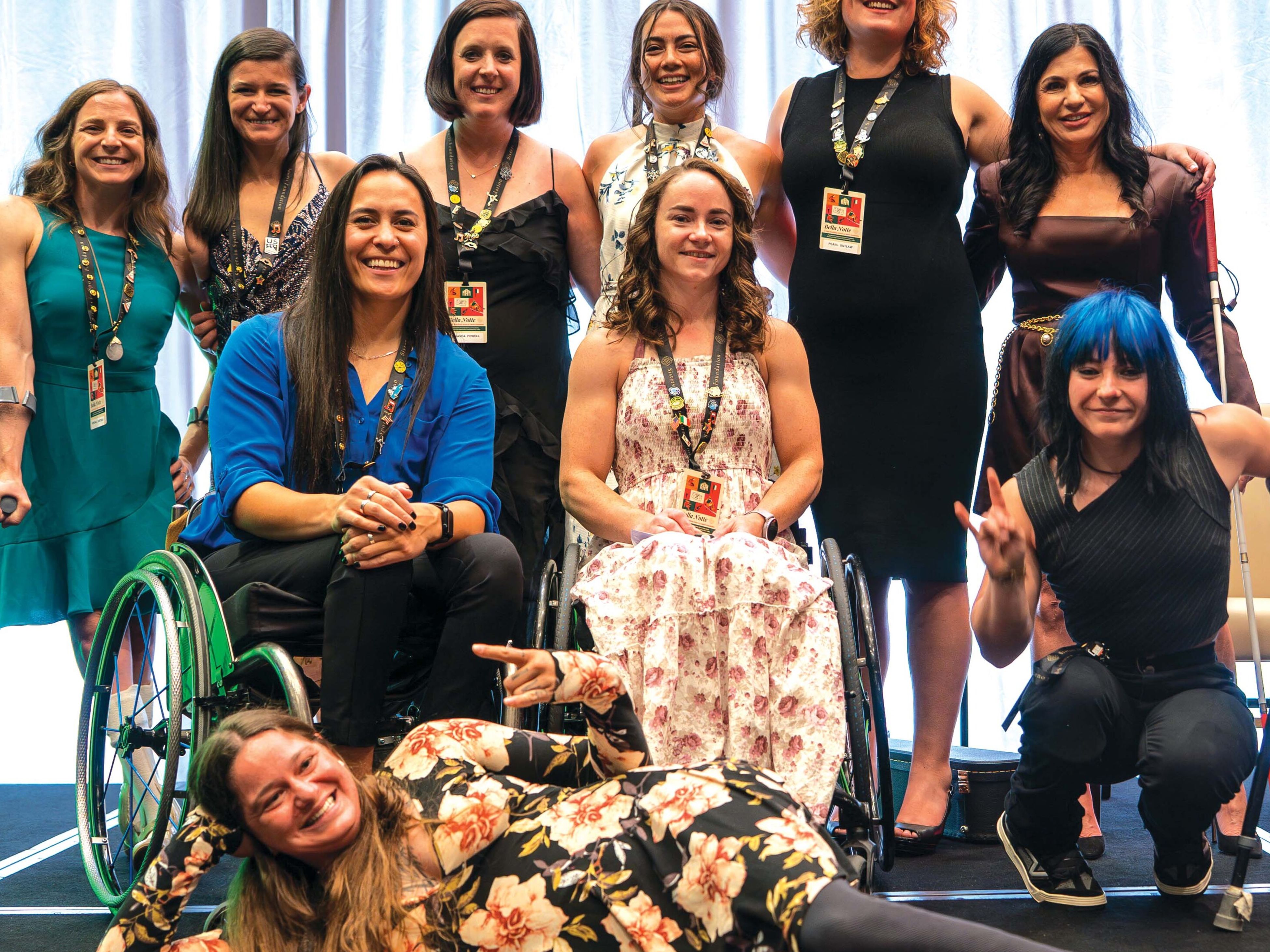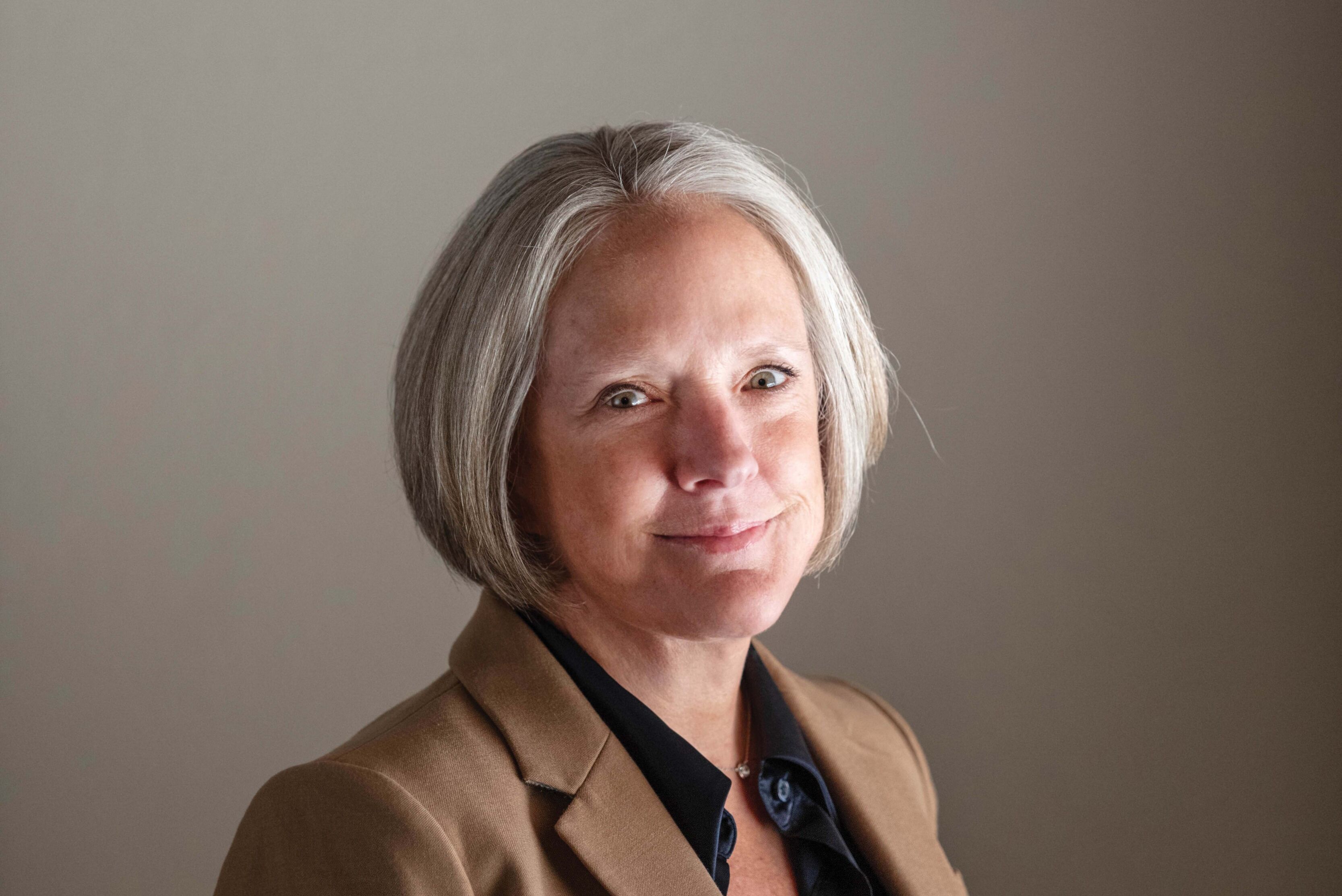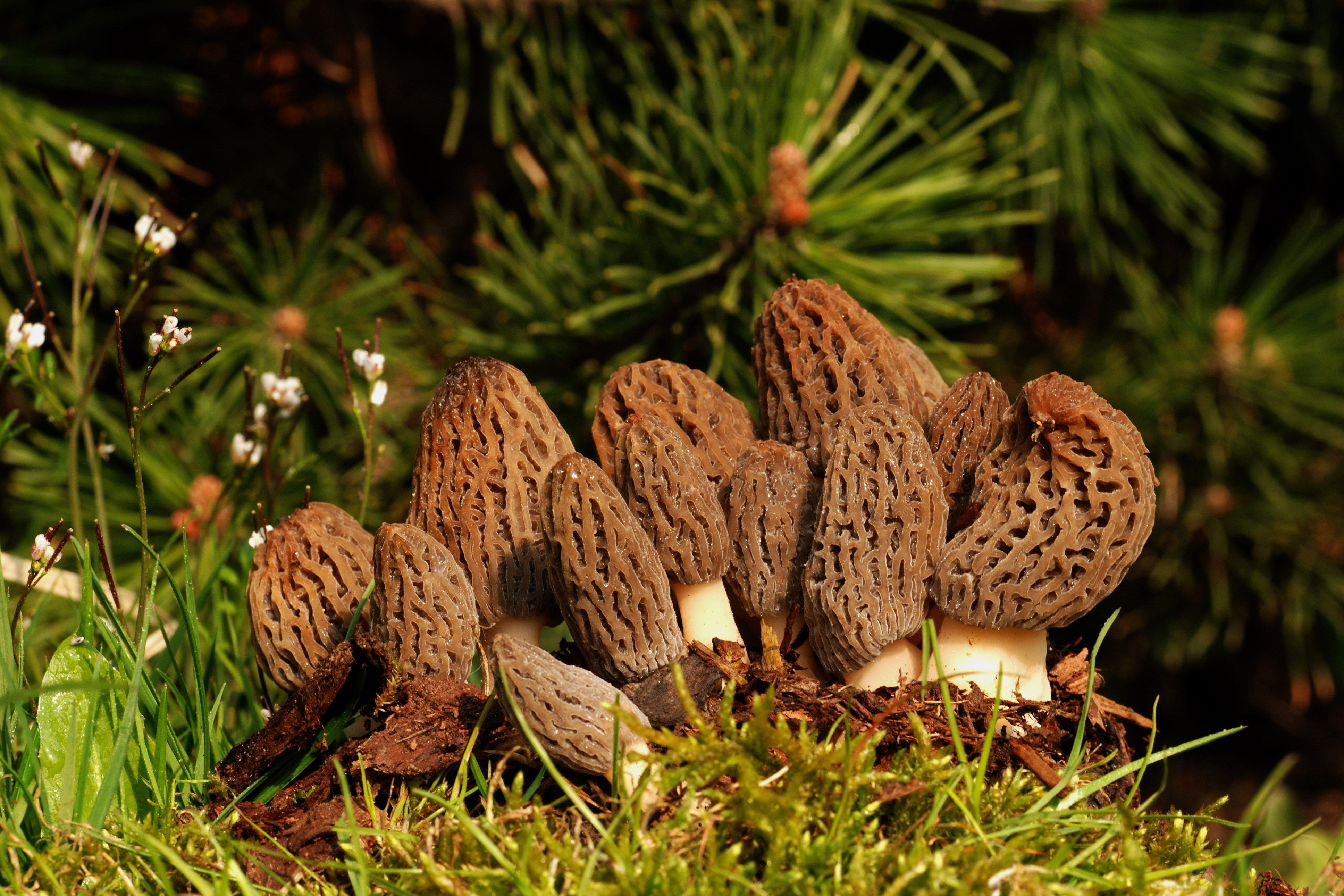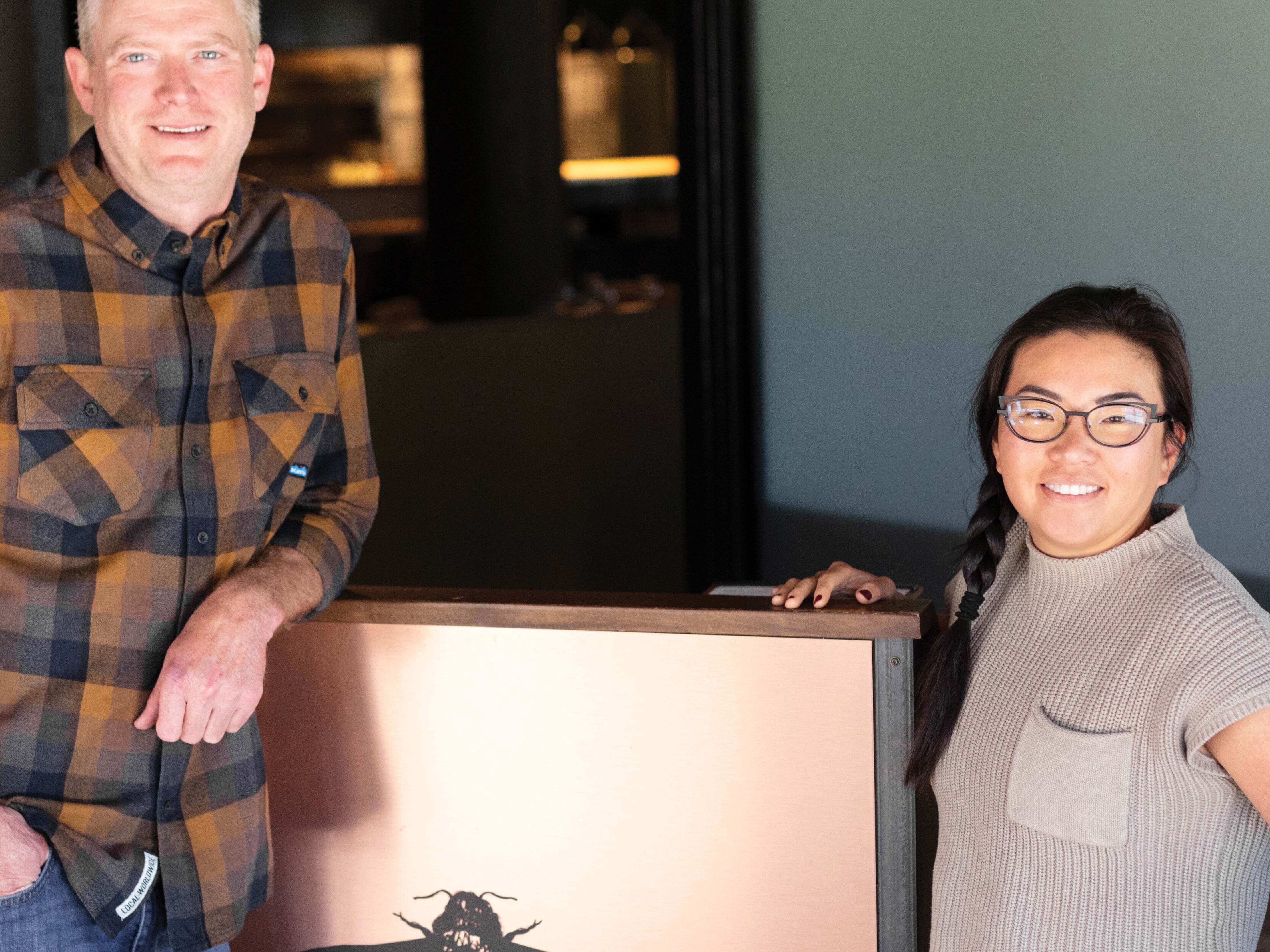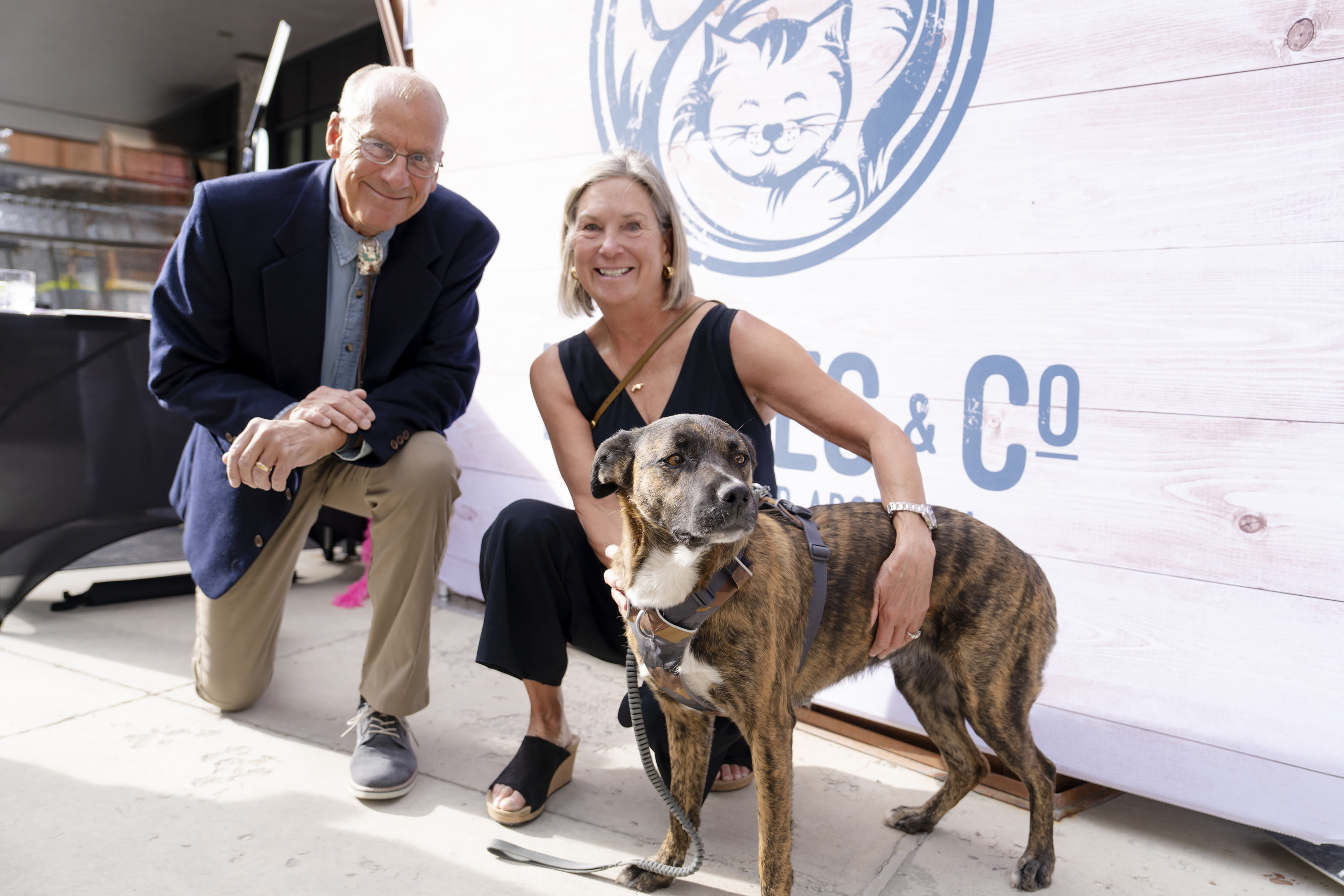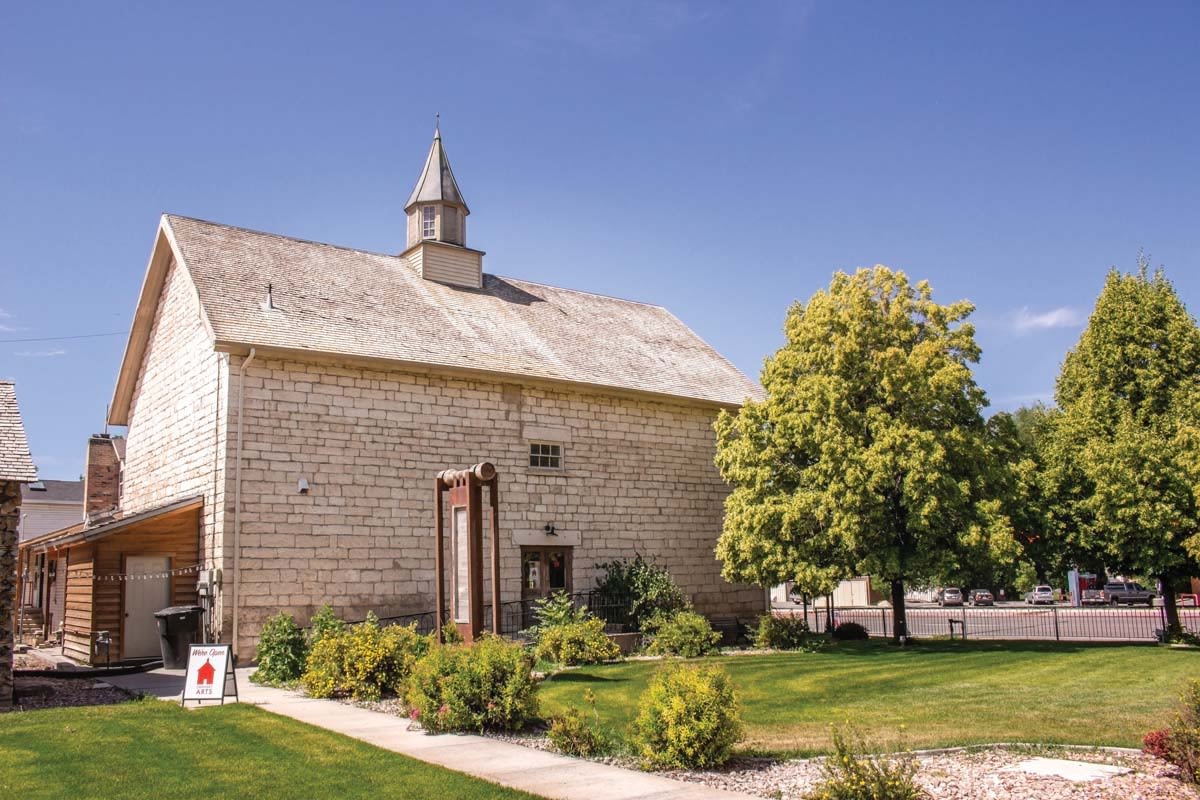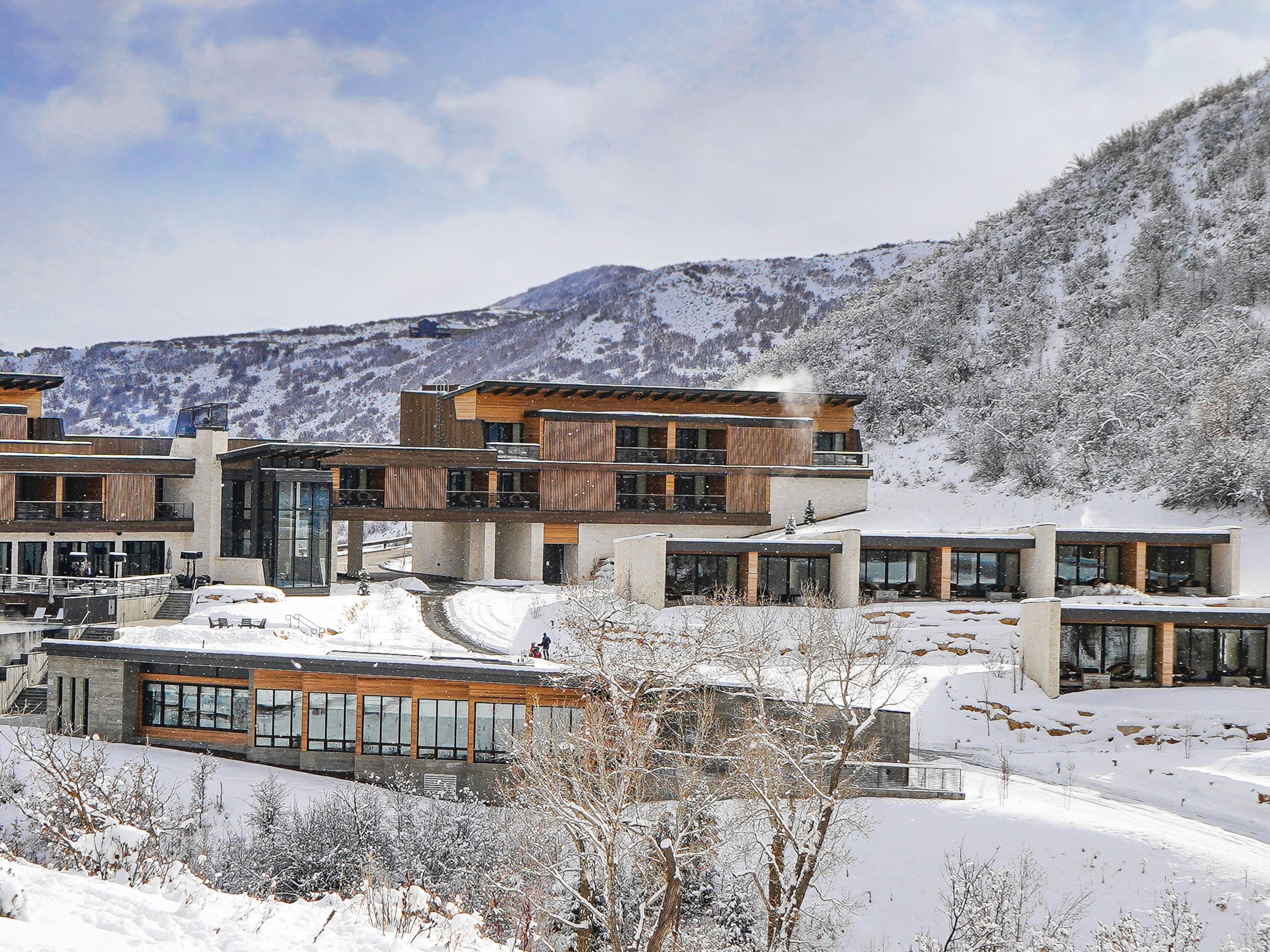Two Food-Focused Nonprofits Grow Together to Expand Their Reach
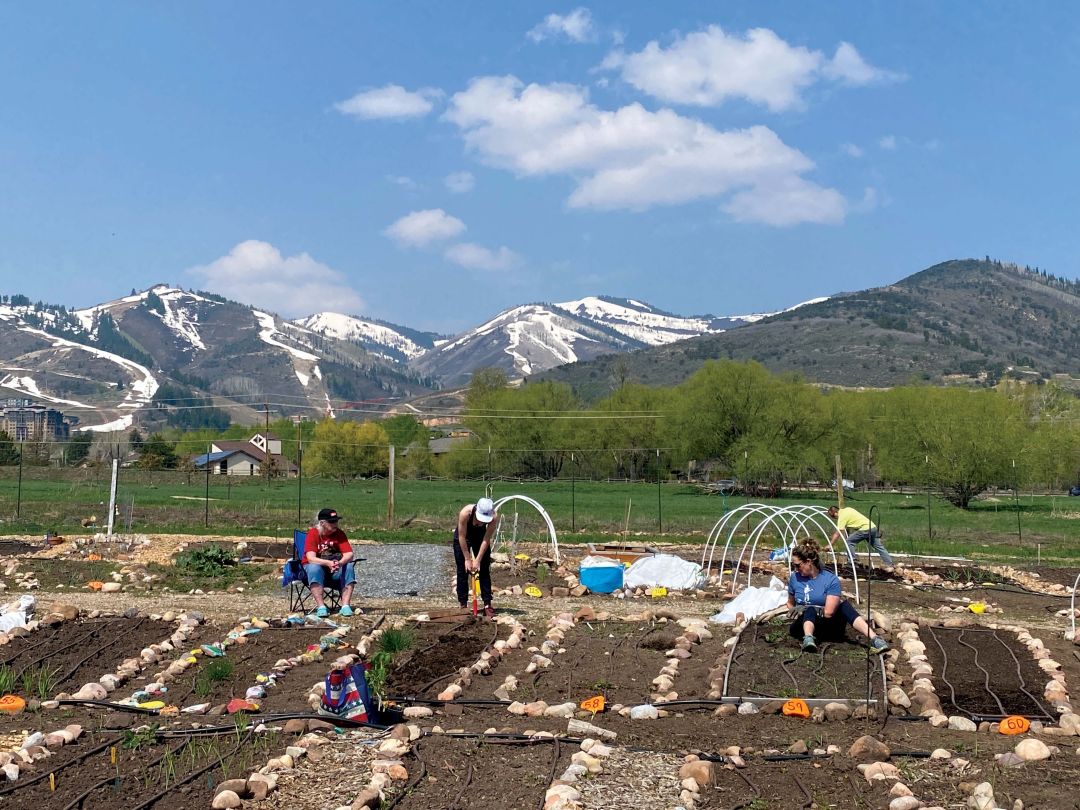
Image: courtesy of EATS park city
When two prominent Park City nonprofits, Summit Community Gardens and Eat Awesome Things (EATS) Park City, merged a year ago, it was with a shared vision of promoting community connections and enhancing food education.
The union was not merely a logistical decision but a strategic move to amplify each organization’s reach and effectiveness. By combining resources and expertise, the newly consolidated entity has touched the lives of 1,800 children with classroom-based education programs and an additional 450 kids through summer camps and field trips. This impressive number highlights the power of collaboration in making educational and nutritional resources more accessible to the community. “We are a holistic program that works in the gardens, in schools, and in our communities year-round,” says Helen Nadel, executive director of Summit Community Garden-EATS.
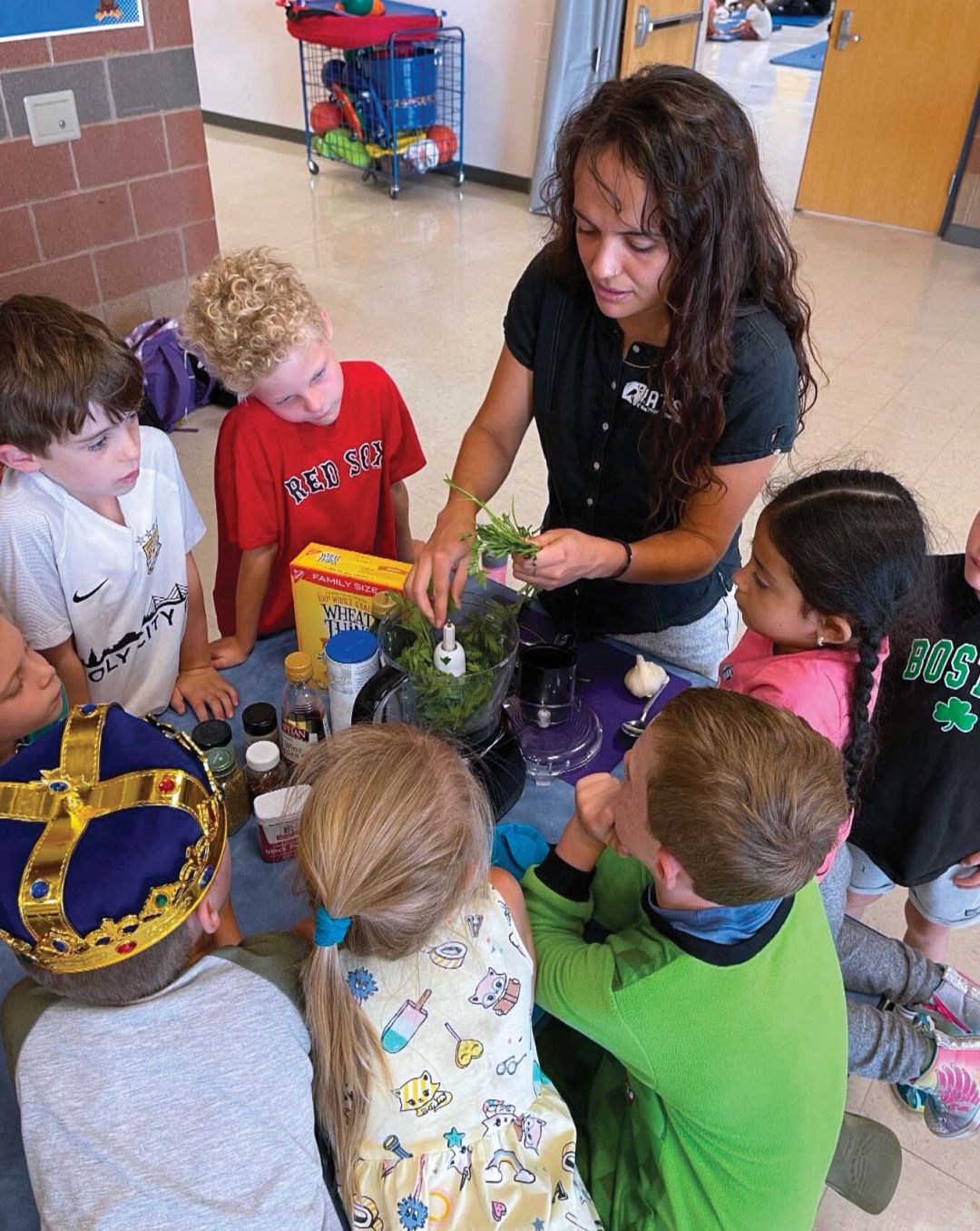
Image: courtesy of EATS park city
Summit Community Gardens has long been a refuge for those looking to cultivate their green thumbs, offering garden plots for rental. These plots have become more than just spaces for growing produce; they are hubs of learning and connection, where individuals from diverse backgrounds come together to share knowledge and foster a sense of stewardship toward the environment.
EATS Park City, known for its dedication to improving access to nutritious food and food education, brings a wealth of expertise in creating impactful programs aimed at children and families. Through various programs and workshops designed to engage participants of all ages, from hands-on gardening sessions to cooking classes that teach the importance of balanced diets, more children and adults have the resources to make informed choices about their nutrition and overall well-being.
The merger has also enabled the organization to better address food insecurity by enhancing community access to fresh, locally grown produce and creating a support system for families, empowering them to grow their own food and lead healthier lives.
“We are really about building community around food,” Nadel says. “Our demonstration garden, where our staff is gardening and showing people what grows and how to grow it, provides a lot of education. All the food that is grown there is provided to people experiencing food insecurity in our community.”
